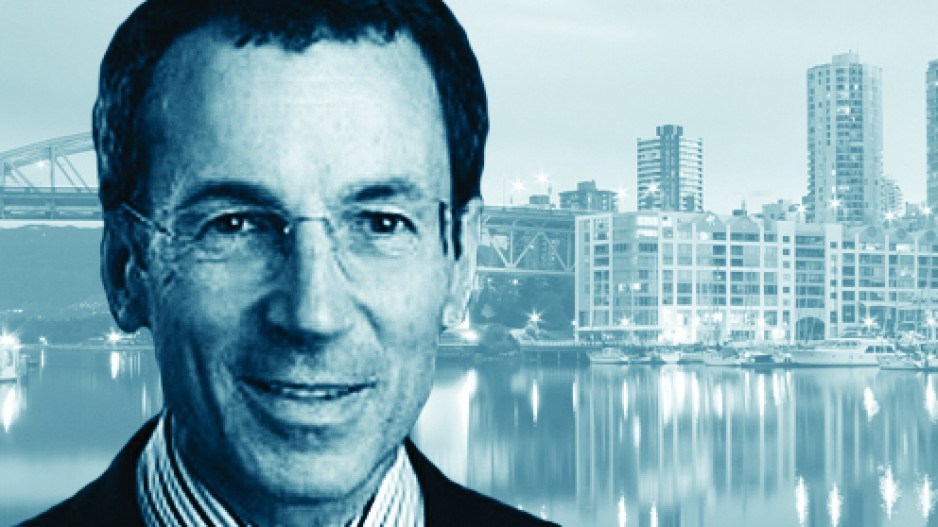Adding supply to the local real estate market is absolutely necessary, but let’s not kid ourselves that it will ever deliver affordability. Former Vancouver city planner Larry Beasley is among those who think middle-class affordability in today’s market can only be built outside the open market of supply and demand.
In spite of all the inexcusable barriers to new supply, Metro Vancouver saw 27,914 units started in 2016. That’s 57% above the 10-year average. With the average household at 2.6 people, that’s enough supply for almost 70,000 new people, but population growth last year was 30,700 people. We’re building more than enough to accommodate local population growth, but not investment demand.
That’s because Vancouver is among many cities around the world facing the onslaught of massive, growing amounts of mobile, nervous capital looking for a safe haven.
Geoff Dembicki, writing in The Tyee, points to Bain & Co.’s estimate of global investment capital tripling to $600 trillion between 1990 and 2010, with another $300 trillion expected by 2020.
“Bain & Co. believes that ‘capital superabundance’ will be the single biggest influence on our global economy for decades to come,” he writes.
If it continues to land in Vancouver, how can we possibly align that tsunami with real estate prices even remotely tied to local incomes?
One helpful step is to grab a few of the golden eggs from those global investors and invest them in local affordable housing. The provincial government’s bounty from graduated property transfer taxes and the new 15% tax on foreign buyers has shown what’s possible.
Although the 15% tax caused, or coincided with, a slight drop in prices, by all accounts it’s a temporary drop. Prices are expected to keep rising, limiting home-buying to people already on the equity hand-me-down cycle.
So, yes, increase supply, and, yes, raise the rates for people who want to park their money here. There are several ways to do that, such as the City of Vancouver’s empty-homes tax, and University of British Columbia and Simon Fraser University professors’ ideas for hiking property taxes for those who don’t pay meaningful income taxes or act as landlords.
The Canadian Centre for Policy Studies suggests graduated property taxes, shifting the tax load to higher-valued properties, which would create an incentive for expensive properties to subdivide their lots into multi-family units.
Some of these proposals start to address the inequity of a homeowner raking in untaxed capital gains for sitting at home filing her nails while property values jump an average of $500 a day, competing in the market with a young couple futilely saving for a down payment and paying income tax on their earnings.
But just like increasing supply, taxing investors in varying degrees still won’t make housing affordable.
Beasley has concluded that we need to build out a “third sector” to deal with middle-class affordability: new supply that’s secured for locals and for certain groups of consumers.
He envisions “semi-market” housing targeted to middle-class income earners. One example would be reviving self-owned co-ops, where some units subsidize other units. Or we could follow Melbourne’s requirement for new big job centres to include employee housing. Or ramp up inclusionary zoning to require new high-end condo developments to include some fixed-price units. Madrid and Whistler are two places that have created non-profit home ownership: homes sold to local workers to build equity, but they can be sold only at a pre-determined rate, with little or no profit.
He also points to co-housing, where some living space is shared: “owners still build equity but consume less.”
Beasley admits building this third “semi-market” sector will take “unprecedented levels of collaboration between governments, the philanthropic community, private developers and the banking community.”
But he sees it potentially covering as much as 30% of the housing market, securing the kind of affordability that would guarantee the diversity of our region for years to come.
No amount of new supply alone will do that. •
Peter Ladner ([email protected]) is a co-founder of Business in Vancouver. He is a former Vancouver city councillor and former fellow at the SFU Centre for Dialogue. He is chairman of the David Suzuki Foundation’s board of directors.




